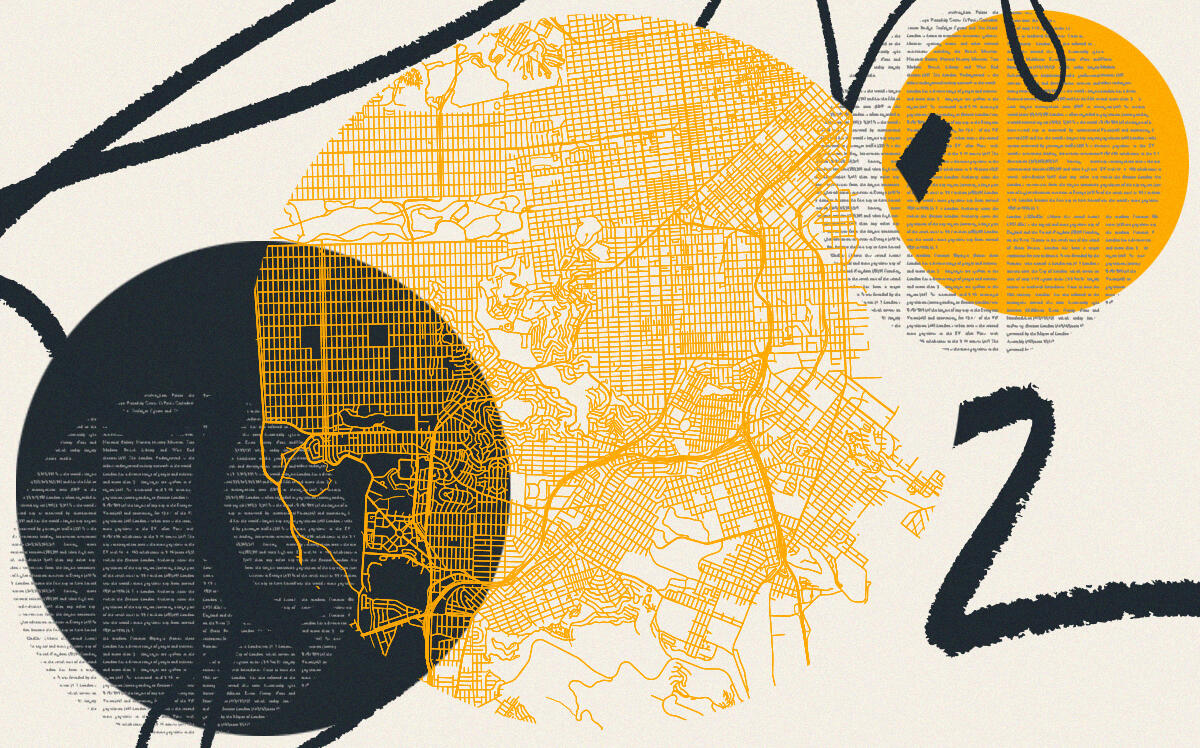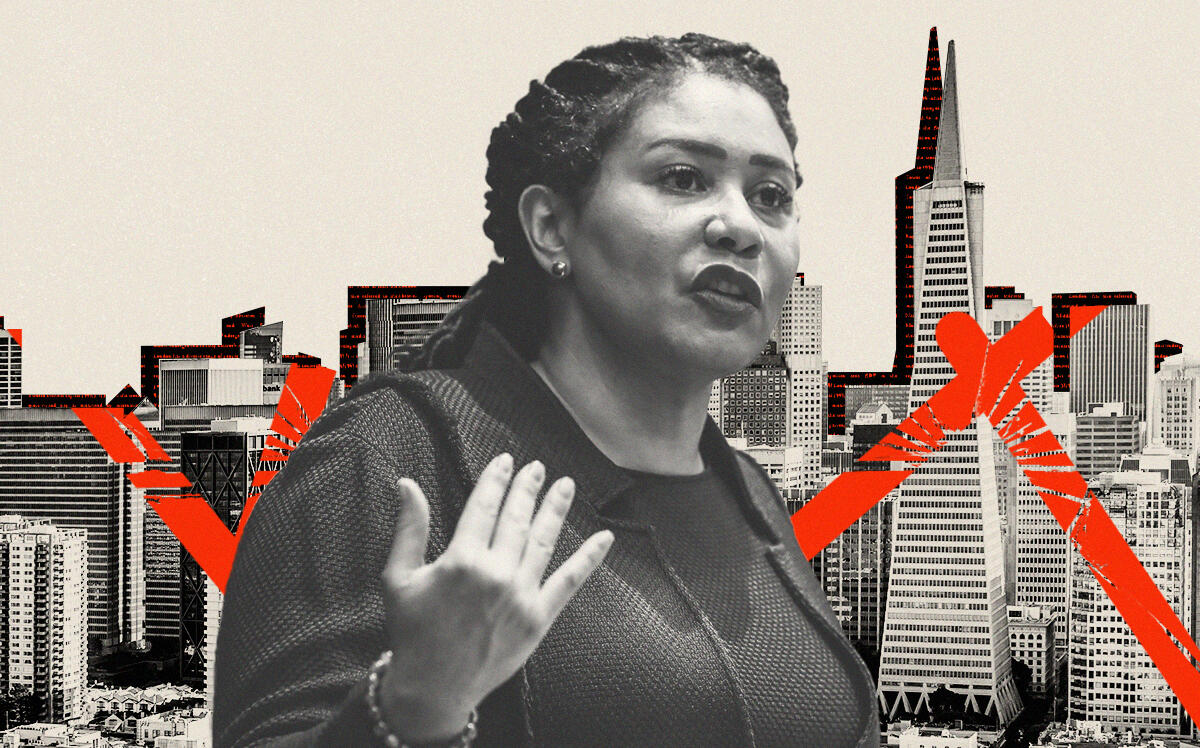San Francisco Mayor London Breed has ordered the red tape holding up home construction tossed into the trash.
She issued an executive order that lays out how and when the city will make the changes needed to build 82,000 housing units over the next eight years, the San Francisco Chronicle reported.
The goal was laid out in a required plan to build more homes approved by the state last week.
Breed’s directive calls for executive and legislative action to eliminate the red tape that makes the city one of the most difficult and expensive places to build housing in the U.S.
“San Francisco needs to fundamentally change how we approve and build housing,” the directive reads. “The causes of this shortage are broad, and they include blatant obstructionism and well-intentioned but ill-advised laws that have choked housing production.”
The order calls on the Planning Department and other city agencies to reduce fees, cut red tape, accelerate approvals and curtail the ability of project opponents to slow down or kill projects.
Breed gave planners a year to rezone areas to increase heights and cut density limitations on transit corridors on the west side of town.
Her directive calls for the elimination of the “conditional use” process that can add a year or two to approvals.
It also orders a slew of departments that must sign off on many housing projects — including the Public Works Department, the Public Utilities Commission and the Metropolitan Transportation Commission — to become 50-percent faster in their approvals.
“By focusing on a specific set of near-term actions, this executive directive lays the groundwork for the city to unlock our housing pipeline, accelerate the approval of new housing projects and create additional capacity for all types of housing across San Francisco,” the order states.
San Francisco’s housing element, a state-mandated plan certified last week, requires that the city come up with a scheme to build 82,000 units before the end of 2031, of which 46,000 must be affordable to low- and moderate-income households.
The number of units in the element — 10,000 a year — is three times the number of homes the city builds in a typical year.
The directive also sets a 30-day deadline to act on the recommendations of a committee currently looking into reducing affordable-housing inclusionary requirements in order to get stalled housing development going again.
Market-rate housing developments must now make 22 percent of units affordable, or pay a fee. But with high construction costs and the city’s slow recovery from the pandemic, most private builders say that new developments can’t find financing.
The directive creates a task force made up of city officials and nonprofit builders and gives them a year to come up with an “affordable-housing implementation and funding strategy.”
While the directive includes very specific deadlines for policy changes, it doesn’t answer one pressing question: Where will the money come from to build 46,000 affordable units?
San Francisco now has 14,000 affordable units in its pipeline, most of which are approved but await financing — mostly low-income housing tax credits and tax-exempt bonds.
While Breed said her administration is looking into putting an affordable-housing bond on the ballot as early as 2024, the size and timing of the bond will depend on other capital projects and the city’s bonding capacity, which is limited by statute.
The mayor also said that state housing officials — who have launched a probe into the city’s glacial housing approval process — would be more inclined to finance San Francisco projects if the city acts swiftly on rezoning swaths of the city and removing barriers.
“If we continue at this pace, we are in a good position to get continued support from the state,” Breed said.
Read more



